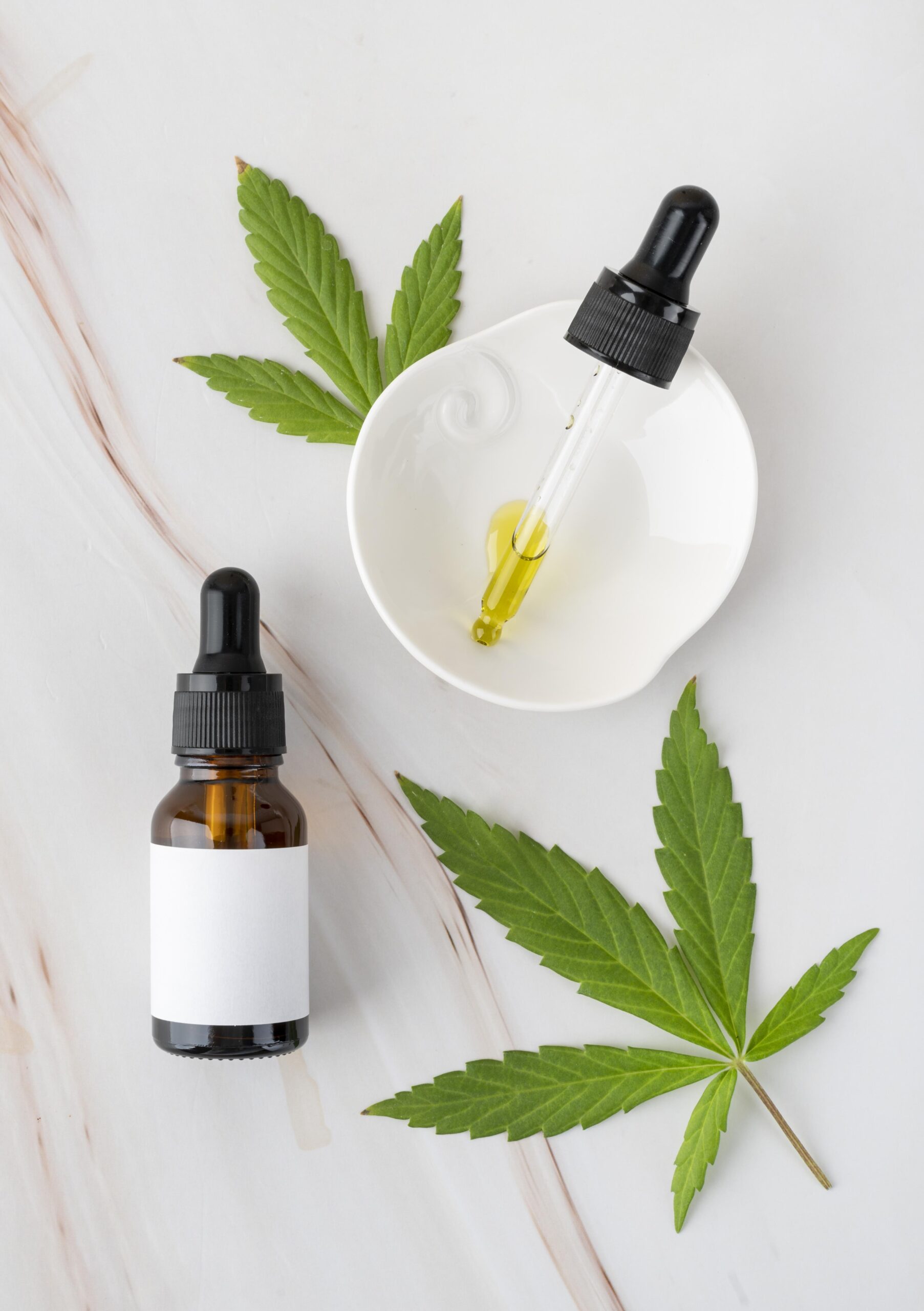Understanding Cannabis Oil and Its Components
Cannabis oil is a concentrated extract derived from the cannabis plant, containing a wide array of cannabinoids. The most well-known cannabinoids are THC (tetrahydrocannabinol) and CBD (cannabidiol). THC is the psychoactive component that gives users a “high,” whereas CBD is non-psychoactive and has been studied for its potential therapeutic effects, including its impact on anxiety and depression. The discussion around “cannabis oil for depression” often centers on CBD-rich oils due to their lack of psychoactive effects and their potential mental health benefits.

The Potential of Cannabis Oil for Depression
The interest in “cannabis oil depression” treatment options has grown, with some studies and anecdotal evidence suggesting that cannabis oil, particularly those high in CBD, may have antidepressant effects. The proposed mechanisms include CBD’s ability to interact with serotonin receptors in the brain, a key neurotransmitter involved in mood regulation. By potentially enhancing serotonin signaling, CBD-rich cannabis oil might help alleviate symptoms of depression, improving mood and overall emotional well-being.
Research and Evidence
While the concept of using “cannabis oil for depression” is promising, it’s important to note that research in this area is still in its early stages. Some studies have shown positive effects of CBD on mood disorders, but comprehensive clinical trials are needed to better understand the efficacy, optimal dosages, and long-term effects of cannabis oil as a treatment for depression.
Considerations and Challenges
For individuals considering “cannabis oil depression” treatments, there are several factors to keep in mind. The quality, concentration, and purity of cannabis oil can vary significantly between products, making it crucial to choose oils from reputable sources. Furthermore, the interaction of cannabis oil with traditional antidepressants and other medications should be considered, highlighting the importance of consulting with a healthcare provider before starting any new treatment.
Legal and Accessibility Issues
The legal status of cannabis and cannabis-derived products, including CBD oil, varies by country and state. This legal landscape can affect the availability and regulation of cannabis oil, posing challenges for those seeking it as a treatment option for depression.
Conclusion
The exploration of “cannabis oil for depression” represents a fascinating intersection of traditional herbal medicine and modern scientific research. While preliminary evidence points towards the potential benefits of cannabis oil, especially those high in CBD, for alleviating depression symptoms, more rigorous studies are essential. Individuals interested in this treatment should approach it with caution, armed with information, and always in consultation with medical professionals. As our understanding of cannabis oil and its effects on depression deepens, it may become a valuable tool in the broader strategy for managing and treating depression.
